Thank you for your message. The IPPA team will get back to you shortly. You first need to login here.

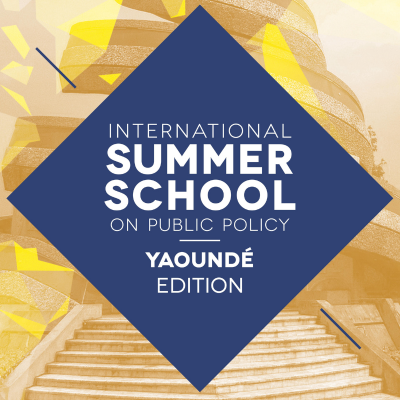
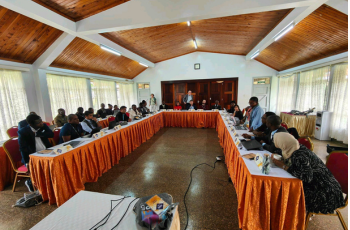
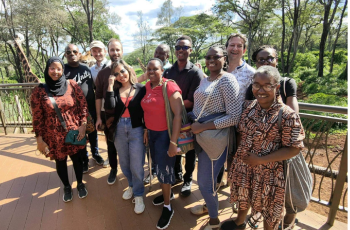
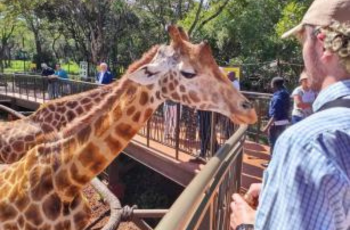
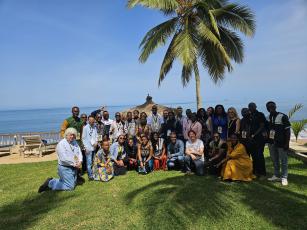
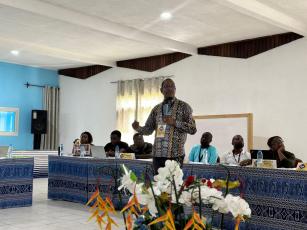
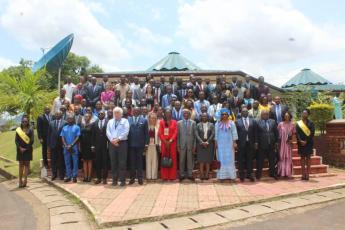
The International Summer Schools organized in Africa aimed to provide advice and knowledge on Public Policy theories, concepts, methodologies, and QCA to give Ph.D. students and young research scholars the skills to produce the best work possible and excel in their studies. Each Ph.D. student and young scholar will have the opportunity to follow lectures, courses, and workshops, discuss their research projects, and receive feedback from both peers and other participants. The main objective of the summer school was to provide advice and knowledge on theories, concepts, and methodologies, bringing together PhD students and young researchers with acclaimed academic scholars of public policy.
The IPPA’s first summer school organized in the African continent took place in Yaoundé and Kribi from April 22-27, 2019. It was co-organized by IPPA, the CAFRAD (Centre Africain de Formation et de Recherche Administrative pour le Développement), and the International Relations Institute of Cameroon (IRIC). The Summer School brought together 22 PhD students and young scholars from countries like France, Canada, Nigeria, and Cameroon. The courses were held both in French and English, for all participants to have a great learning experience. For this edition, Professors Philippe Zittoun (University of Lyon), Anna Durnová (IHS-Vienna - Institute of Sociological Studies - Prague) and Stéphane Monney Mouandjo (Director General - CAFRAD) shared their insights with the participants, providing them feedback on their research projects during the lectures and workshops.
After the postponement of the Summer School Nairobi edition due to the COVID pandemic, the International Summer School on Public Policy in the African continent could finally be back with a second edition organized in Kenya from 17-21 April 2023, held in partnership with the University of Nairobi. The school brought together two acclaimed scholars in the field of public policy namely, Frank Fischer (Rutgers University) and Philippe Zittoun (University of Lyon), with 28 PhD students or early career researchers from Africa (21), Asia (4), Europe (2) and North America (1).
The third IPPA summer school on the African continent took place in Yaoundé and Kribi from April 22nd to April 27th, 2024! Co-organized with the International Relations Institute of Cameroon (IRIC), this edition was once again a great success, bringing together 28 PhD and young scholars from 10 different countries such as France, Canada, Cameroon, and the Democratic Republic of Congo. For this edition, participants had the choice between 4 different courses given by professors Abdoul Karim Saidou (University of Thomas Sankara - Burkina Faso), Mireille Manga (University of Yaoundé II), Michelle Morais de Sá e Silva (The University of Oklahoma), Kent Weaver (Georgetown University), and Philippe Zittoun (University of Lyon). The event was sponsored by the French Embassy in Cameroon.
French version of the CRTV report: https://youtu.be/f2ex1mCr1ZY?feature=shared




